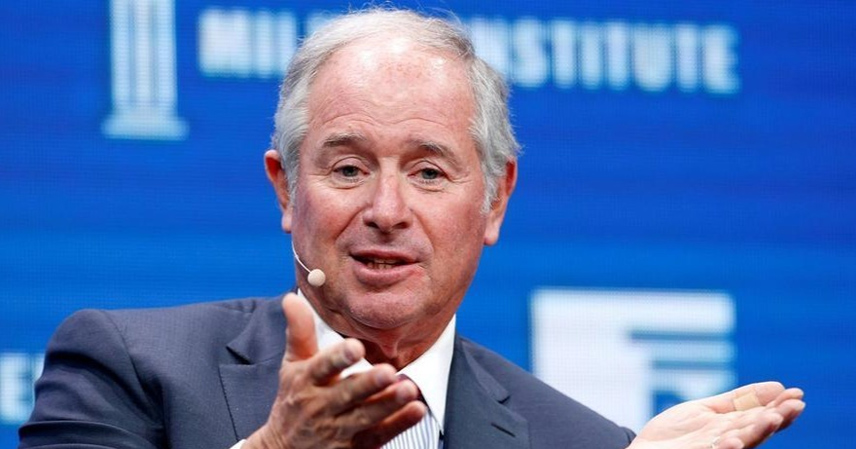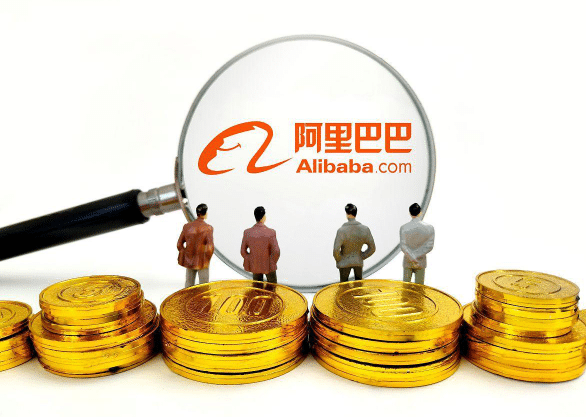American billionaire Stephen Schwarzman, founder of Blackstone Group, once issued a striking warning:
“The United States is turning China into an unbeatable rival.”
Not long after making this statement, Schwarzman donated 700 million yuan to establish the Schwarzman College at Tsinghua University, and quietly shifted much of his investment portfolio to China — all because he firmly believes:
“The future of the world lies in China.”
The Changing Global Economic Order
Over the past few decades, the global economic landscape has undergone dramatic transformation — with China’s rise being one of the most significant developments.
While many U.S. politicians view China as a strategic competitor, Schwarzman represents a different kind of American: a capitalist who uses real investments to prove his confidence in China’s potential.
From China Skeptic to China Optimist
As the founder of the world’s largest private equity firm, Schwarzman once joined voices like Donald Trump in questioning China’s economic stability. But as China’s growth accelerated and investment returns climbed, Schwarzman changed his stance.
He began shifting much of Blackstone’s capital into China, betting that the country would remain the fastest-growing major market in the coming decades.
This transformation was not a whim — it reflected a deep understanding of China’s growing role in the global economy.
Why Schwarzman Turned Toward China
In the early years, Schwarzman, like many Western investors, doubted whether China could sustain its growth amid global competition.
But as China made rapid advances in infrastructure, industrial integration, and market openness, he came to realize that the world’s next major wave of growth would likely come from China.
As a result, he didn’t just make symbolic gestures — he acted.
He donated 700 million yuan (around $100 million) to establish Schwarzman College at Tsinghua University, a graduate program designed to train the next generation of global leaders.
At the same time, he expanded investments in logistics real estate, warehousing, and industrial parks across China — areas that yielded far higher returns than comparable projects in the U.S.
For instance, Blackstone’s logistics projects in China reported a three-year return rate of 47%, compared to just 23% in the U.S.
These numbers solidified Schwarzman’s conviction: China’s market remains unmatched in potential.
A Strategic Move Beyond Business
Schwarzman’s involvement in China’s education sector wasn’t mere philanthropy — it was a strategic investment in long-term influence.
Through Schwarzman College, he cultivated a network of future leaders, government officials, and business executives. According to reports, one-third of graduates enter government positions, with some even reaching ministerial-level posts.
Beneath the surface of charitable giving lies a well-calculated strategy — one that builds political and business connections in China, paving the way for deeper investment opportunities and lasting influence.
Pragmatism Over Ideology
While Schwarzman has occasionally echoed Washington’s concerns about China’s rise, his actions tell a different story.
Unlike American politicians who fixate on ideological rivalry, Schwarzman and other investors remain focused on economic opportunity.
To them, the key question is simple:
“Where does the best return come from?”
And right now, that answer points clearly to China — a nation with the world’s most complete industrial supply chain, a massive consumer base, and a highly efficient government that provides direction through long-term economic planning.
China’s Unique Advantage
China’s Five-Year Plans, infrastructure strength, and efficient governance give it a level of stability and predictability that investors crave.
By contrast, Schwarzman’s U.S. investments — many located in the Rust Belt — suffered from economic stagnation and weak returns.
In China, however, the combination of state coordination and private enterprise creates fertile ground for sustained profit.
Capital Is Choosing China
Schwarzman’s pivot reflects a broader trend:
Global capital is moving away from political confrontation and toward real growth markets.
China is no longer just the “world’s factory” — it’s also an emerging consumption powerhouse and a driver of global innovation.
For pragmatic capitalists, ideology takes a back seat to opportunity.
Schwarzman’s actions exemplify this shift — from skepticism to strategic engagement, from politics to profit.
Conclusion: The Future Flows East
Stephen Schwarzman’s journey is more than a personal business story — it’s a reflection of a global economic realignment.
As China continues to expand its influence, capital, talent, and innovation are increasingly flowing eastward.
In this great game of economic power, Schwarzman’s choice may be controversial in Washington — but in the eyes of investors, it’s simply good business sense.



